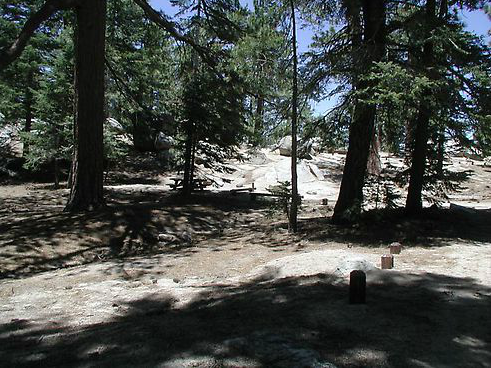This Earth Day, UC pushes for healthier California forest lands
California forests aren’t natural anymore. Over time, human impacts such as logging and fire suppression have left forests more prone to diseases, insects and wildfires. UC Cooperative Extension received a competitive grant from Cal Fire to launch a forest management training program for private landowners to help protect California’s forests.
There are approximately 33 million acres of forest in California. Forty percent of those acres are owned by families, Native American tribes, or private companies and 27 percent are owned by individuals. According to a report by the National Woodland Owner Survey, 99 percent of family-owned forests are in parcels of 500 acres or less. Less than 1 percent of them had written management plans when surveyed.
Management plans are important — they lead to healthier forests. And healthier forests benefit everyone in California. They protect against devastating wildfires, make for healthier rural communities, better wildlife habitat, improve water quality, and increase carbon sequestration, among other benefits.
The UCCE Forest Stewardship Training Series makes it easy for landowners to create a forest management plan. By creating a written plan, landowners are forced to sit down and think about their goals and objectives, and essentially create a business plan. It’s also an important document when communicating with other professionals, such as bankers, accountants, granting agencies, etc. A management plan lays out the background of the forest, the landowner’s objectives, and the steps the landowner has taken or is taking to achieve those objectives.
Landowners are encouraged to start the process through an online e-learning site. Through the webinar, landowners learn how to set goals and objectives for their forest land and become familiar with their forest land by learning to understand tree management, wildlife, and water quality, recognize insects and diseases, and understand safety and roads. Once the landowner has set their goals and gone through the basic understanding training, they are connected with a professional forester to continue the land management plan process.
Upon completing the online training, landowners are invited to an all-day workshop for a more in-depth understanding of forest land management. Workshops will take place in Ukiah on May 18, Redding on May 29, Berkeley on June 15, and Auburn on June 22. Visit www.ucanr.edu/forest_learning for more information, or contact Rick Standiford, UC Cooperative Extension Forest Management Specialist, at standifo@berkeley.edu.



